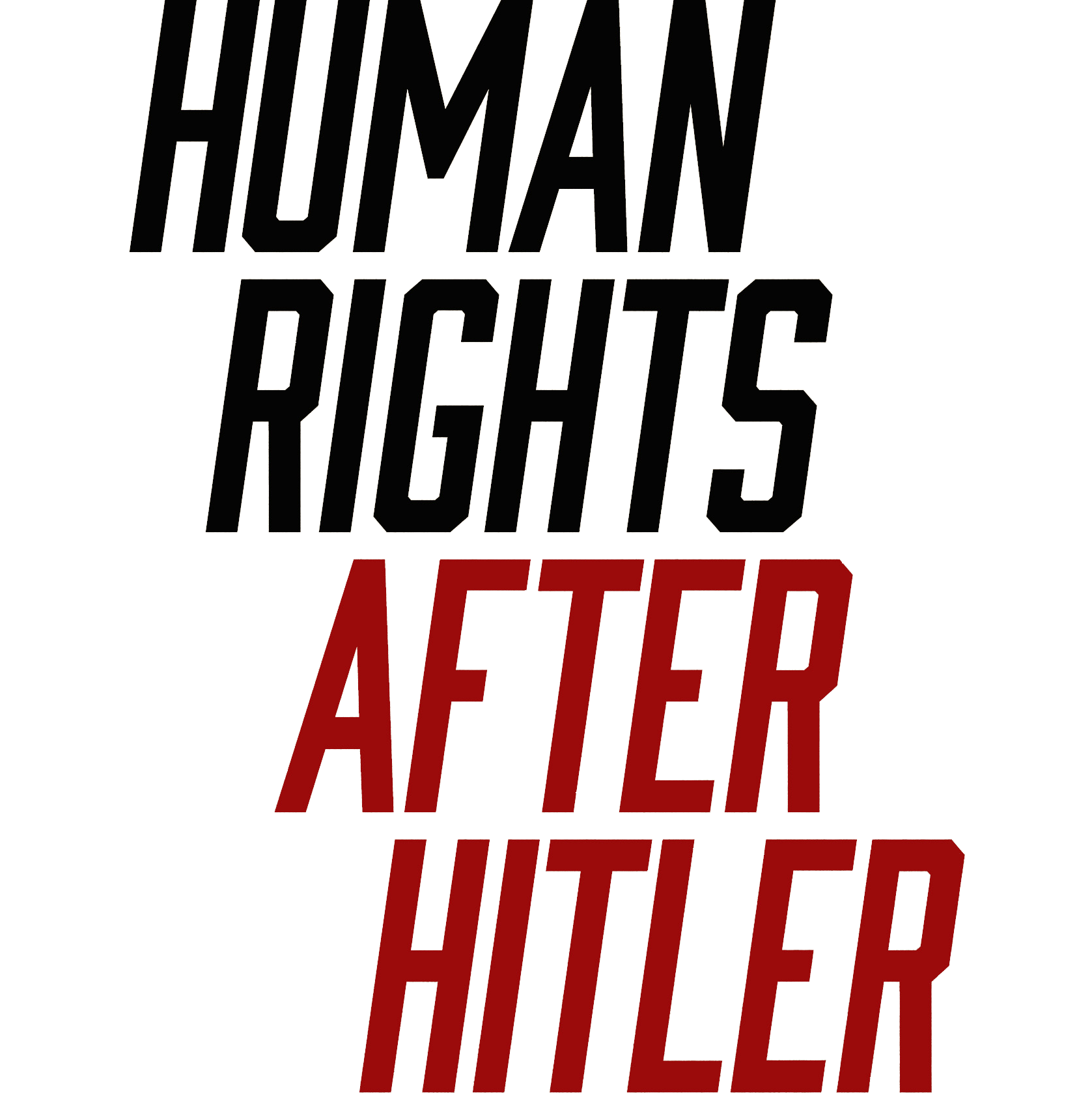- Former prosecutor Richard Goldstone regrets he did not have access to the ‘treasure trove’ archive uncovered by SOAS for cases in the former Yugoslavia in the 1990s.
- Latest research centred on a collection of newly accessible United Nation War Crimes Commission (UNWCC) archives brings legal and political support from World War II cases for today’s effort for prosecuting the perpetrators of Sexual and Gender Based Violence (SGBV) in conflict areas.
A five-year research project led by SOAS, University of London on a collection of World War II archives, held in secret for sixty years, has been published in a new paper which questions the assumption today that rape was not prosecuted as a war crime until after the post-Yugoslavia wars of the 1990s.
Greater access to the archives which documented thousands of cases against accused World War II criminals in Europe and Asia was the result of a campaign led by Dr Dan Plesch, Director of the SOAS Centre for International Studies and Diplomacy (CISD) and Assistant Director of Shanti Sattler, last year.
The findings, published in a paper in the Criminal Law Forum, the official journal of the International Society for the Reform of Criminal law, ‘The Relevance of the United National War Crimes Commission to the Prosecution of Sexual and Gender-Based crimes today’ co-authored by Dr Plesch, Susana SáCouto, Director of American University War Crimes Research Office and Chante Lasco, Jurisprudence Collections Coordinator, WCRO, highlight the importance of UNWCC-supported cases for the prosecution of SGBV cases before contemporary tribunals.
The research shows that:
- Convictions for the war crimes of rape and forced prostitution took place around the world in the 1940s, in China, France, Guam, Greece, Philippines, Poland and Yugoslavia for example.
- Low level criminals as well as top-leaders were convicted for their direct crimes and for being in command of troops that committed them.
- Witnesses were offered some level of protection in some courts and in some cases courts recognized the relevance of coercive circumstances in analysing whether rape had occurred.
- These prosecutions were endorsed by a sixteen member international body including four states that are now permanent members of the UN Security Council, China, France, the UK and the US as well as India and Australia, and several now EU members including Belgium, Denmark Luxemburg, Netherlands, Norway.
The paper argues that the specific legal and political contribution of these cases “cannot be overestimated” since in the twenty first century rape has often been regarded as a less than serious crime – even an inevitable part of war.
Speaking about the findings, Justice Richard Goldstone, the former Chief Prosecutor of the International Criminal Tribunals for the former Yugoslavia and Rwanda, said: “Had the work of the UNWCC been taken into account by the drafters of the Security Council statutes for the ICTY and the International Criminal Tribunal for Rwanda, the definitions of war crimes might well have been more explicit with regard to gender-related crimes. In any event, as the first Chief Prosecutor of the ICTY, I would have benefited immeasurable from access to this rich material.”
Dr Plesch added: “Among the files we found clear examples of international war criminals being prosecuted at national level with international support. These findings can boost the efforts of the UN, Foreign Secretary William Hague at the forthcoming Global Summit to End Sexual Violence in Conflict.”
The authors of ‘The Relevance of the United National War Crimes Commission to the Prosecution of Sexual and Gender-Based crimes today’’ say more research needs to be done on the national trial records and that the prosecutions that they have uncovered do not of course begin to address the vast amount of such crimes at the time.
The Global Summit to End Sexual Violence in Conflict – is due to take place in London on 10-12 June.
Access the full paper: The Relevance of the United National War Crimes Commission to the Prosecution of Sexual and Gender-Based crimes today.
Access Justice Richard Goldstone’s Foreword in Criminal Law Forum: United Nations War Crimes Commission Symposium.
